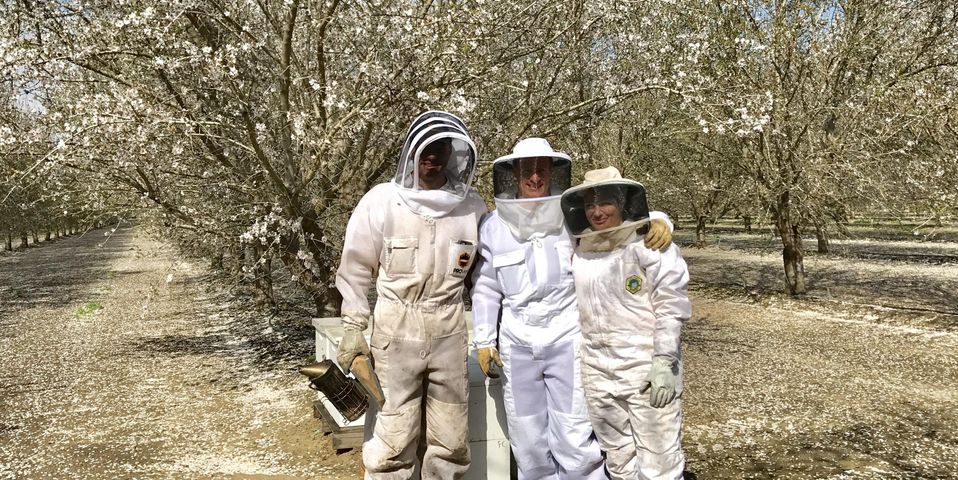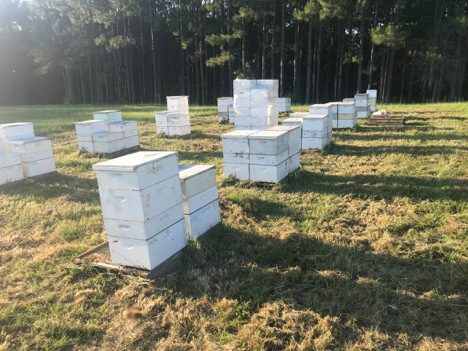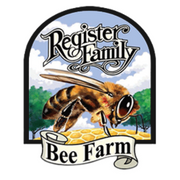
To make tasty honey, honeybee farmers do more than just provide houses for the bee colonies and hope they thrive. Instead, these innovative producers transport the hives to various new locations throughout the season to provide unique foraging opportunities for their bees to alter the flavor of the honey. Here is some insight into bee diet and why it affects the taste of the end product.

What Does a Honeybee Need to Eat?
Honeybees must have sugar, amino acids, lipids, minerals, vitamins, and water. These nutrients provide energy for the bees and facilitate honey creation.
The insects find carbohydrates by harvesting nectar from flowering plants. Bees enjoy minerals, natural proteins, vitamins, and lipids from the pollen of flowering plants.
What Affects Honey Flavor?
The types of nectar that honeybees gather determine what flavor and color honey they will produce. For example, honeybees will produce tupelo honey when they are placed among the tupelo trees in the river and swamp yards along the Apalachicola River while the tupelo trees are in bloom. This tree only produces nectar prolifically for a couple weeks each year, making this honey a rare and special treat. Tupelo honey is famous for its light and uniquely sweet taste and is a very popular, though hard to produce honey.
Wildflower honey is produced when the bees gather nectar from many different types of flowering plants. This honey tends to have a more complex flavor profile because of the varying flavors the different nectars provide. It also tends to be slightly darker because a few of the nectars gathered will always be a bit darker creating a darker average color than a honey that is primarily mono-floral with a light color nectar like Tupelo.
If you’re interested in delicious honey or more information, contact Register Family Farm in Walton County, FL. The veteran-owned business is proud to do all the work themselves alongside the bees, from tending the 1,200 colonies to handcrafting candles, soaps, and other honey products. Call the Freeport-area honeybee farmers at (850) 392-7404 or visit the website for information on their unique honey varieties, such as tupelo, which is local to the Florida Panhandle region.
About the Business
Have a question? Ask the experts!
Send your question

